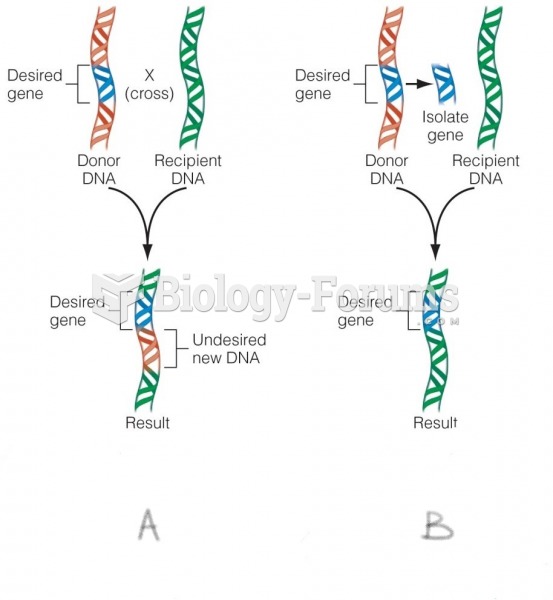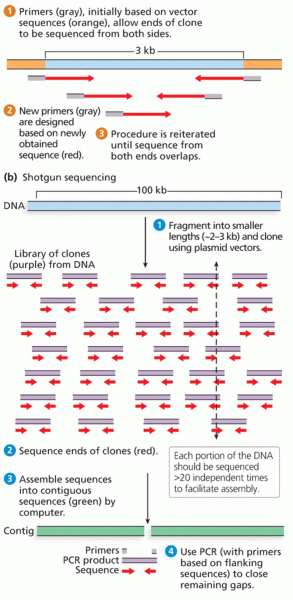Answer to Question 1
At some point in time, you may have felt kind of down, perhaps because you got a lower mark than you expected on a test after studying hard, or you broke up with your boyfriend or girlfriend, or worse yet, one of your grandparents died. Your feelings during this period may have reflected being very sad. Perhaps you remember crying; maybe you felt listless, and you couldn't seem to get up the energy to study or go out with your friends. It may be that you feel this way once in a while for no good, and your friends think you're moody.
If you are like most people, you know your mood will pass. You will be back to your old self in a few days or a week. If you never felt down and always saw only what was good in a situation, it would be more unusual (and would also seem so to your friends) than if you were depressed once in a while. Feelings of depression (and joy) are universal, which makes it all the more difficult to understand disorders of mood, disorders that can be so incapacitating that violent suicide may seem by far a better option than living.
The DSM-5 criteria indicate an extremely depressed mood state that lasts at least two weeks and includes cognitive symptoms (such as feelings of worthlessness and indecisiveness) and disturbed physical functions (such as altered sleeping patterns, significant changes in appetite and weight, or a notable loss of energy) to the point that even the slightest activity or movement requires an overwhelming effort. The episode is typically accompanied by a general loss of interest in things and an inability to experience any pleasure from life, including interactions with family or friends or accomplishments at work or at school. Although all symptoms are important, evidence suggests that the most central indicators of a full major depressive episode are the physical changes (sometimes called somatic or vegetative symptoms, along with the behavioral and emotional shutdown, as reflected by low scores on behavioral activation scales. Anhedonia (loss of energy and inability to engage in pleasurable activities or have any fun) is more characteristic of these severe episodes of depression than are, for example, reports of sadness or distress or the tendency to cry, which occurs equally in depressed and nondepressed individuals (mostly women in both cases). The duration of a major depressive episode, if untreated, is approximately four to nine months.
Answer to Question 2
d







